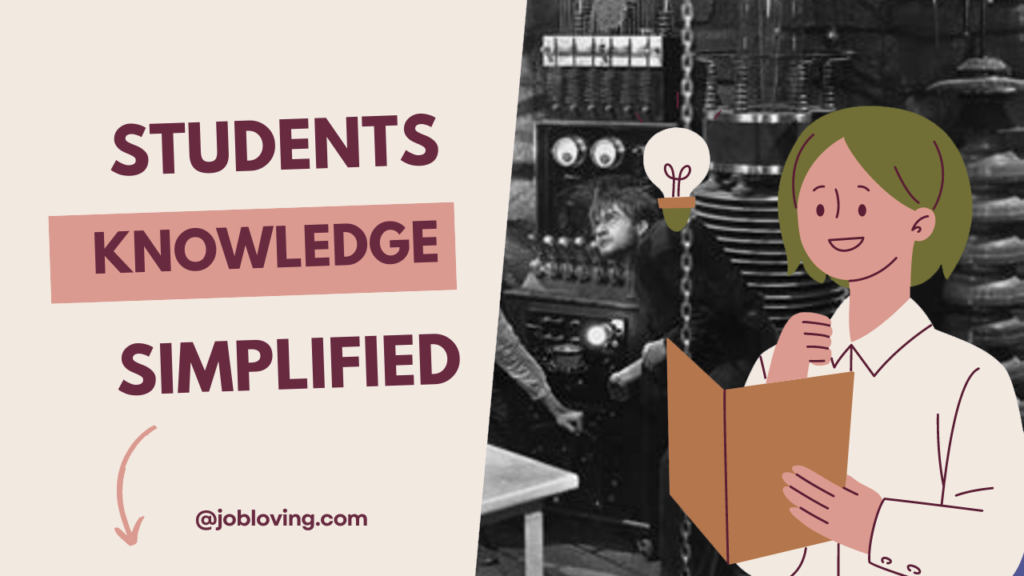In Chapter 6 of Mary Shelley’s iconic novel Frankenstein, Victor Frankenstein finds himself in a complex emotional quagmire. After introducing his dear friend Henry Clerval to the esteemed professors at the university, while they praise Clerval’s potential, Victor experiences an overwhelming sense of distress associated with his studies in natural philosophy and chemistry. It’s a clear turning point, indicating that the stark realities of academic pursuit are weighing heavily on his psyche.
With the shadow of his previous traumatic experiences lingering in the back of his mind, Victor can no longer find joy in the very subject that once captivated his imagination. This emotional conflict drives him to temporarily abandon his studies in natural philosophy. Instead, he dives into Middle Eastern languages, sharing this new academic adventure with Clerval. The interesting juxtaposition highlights a delightful aspect of their friendship: while Victor languishes in distress, Clerval is a beacon of enthusiasm and support.
As Justine Moritz re-enters their lives, the novel paints a vivid picture of the lingering innocence of the Frankenstein household amid personal tragedies. Justine’s presence serves as a reminder of their shared history, fostering a sense of community and familial bond that Victor craves in his time of isolation. The thread of companionship is critical; it showcases how the relationships we build serve as anchors during turbulent times.
Throughout this chapter, Victor’s growing obsession with the mysteries of life starts to become evident. He immerses himself in the great works of pioneering scientists, yet this quest for knowledge comes with a price. The emotional toll of his relentless ambition gradually consumes him, reflecting a profound existential crisis. Victor’s struggles force readers to confront the fragile balance between intellectual curiosity and emotional well-being. The ease with which he transitions from one academic interest to another suggests a search for solace, a way to escape the grief and turmoil that haunt him.
Another layer to this intricate narrative is the stark contrast between his mental state and the beauty of the natural world that surrounds him. Nature, presented as a refuge, showcases Romantic ideals that resonate deeply within Victor’s character arc. The exhilaration he feels during a tour of Germany proves that even as he grapples with darkness within, the sublime beauty of nature acts as a temporary balm for his troubled spirit.
It’s a poignant exploration—a reminder that happiness can be fleeting, slipping through our fingers just as Victor’s grasp on his ambitions falters. With this chapter, Shelley not only critiques the relentless ambition that shadows human endeavors but also emphasizes the critical need for companionship, support, and the recognition of our own emotional landscapes. In a world driven by knowledge, Victor’s journey illustrates the paramount importance of maintaining a connection to both our loved ones and our own evolving selves—because in the end, it is not solely our achievements that define us but the relationships we nurture along the way.
What role does Victor’s emotional turmoil play in his academic pursuits in Chapter 6?
Victor’s emotional turmoil significantly impacts his academic pursuits, leading him to temporarily abandon his studies in natural philosophy. This internal conflict highlights the tension between his ambition for knowledge and his emotional well-being, illustrating how personal struggles can overshadow intellectual endeavors.
How does Victor’s relationship with Clerval influence his journey in Chapter 6?
Clerval’s friendship provides essential support for Victor during his emotional upheaval. Their contrasting academic interests, with Clerval focusing on Middle Eastern languages while Victor grapples with scientific ambition, emphasizes the importance of companionship in navigating life’s challenges and maintaining a sense of balance.
What ethical dilemmas does Victor face as he delves into scientific exploration in Chapter 6?
Victor confronts significant ethical dilemmas as he pursues knowledge, particularly regarding the consequences of unchecked ambition and the moral responsibilities of a scientist. His obsession with creating life raises questions about the limits of human understanding and the potential repercussions of scientific hubris, serving as a cautionary tale about the dangers of overreaching in scientific exploration.
In what ways does nature serve as a refuge for Victor in this chapter?
Nature acts as a refuge for Victor, reflecting his Romantic ideals and providing emotional healing amidst his internal struggles. His revitalizing tour around Germany underscores nature’s restorative powers, contrasting with the complexities of human existence and highlighting the importance of finding solace in the natural world during times of distress.

